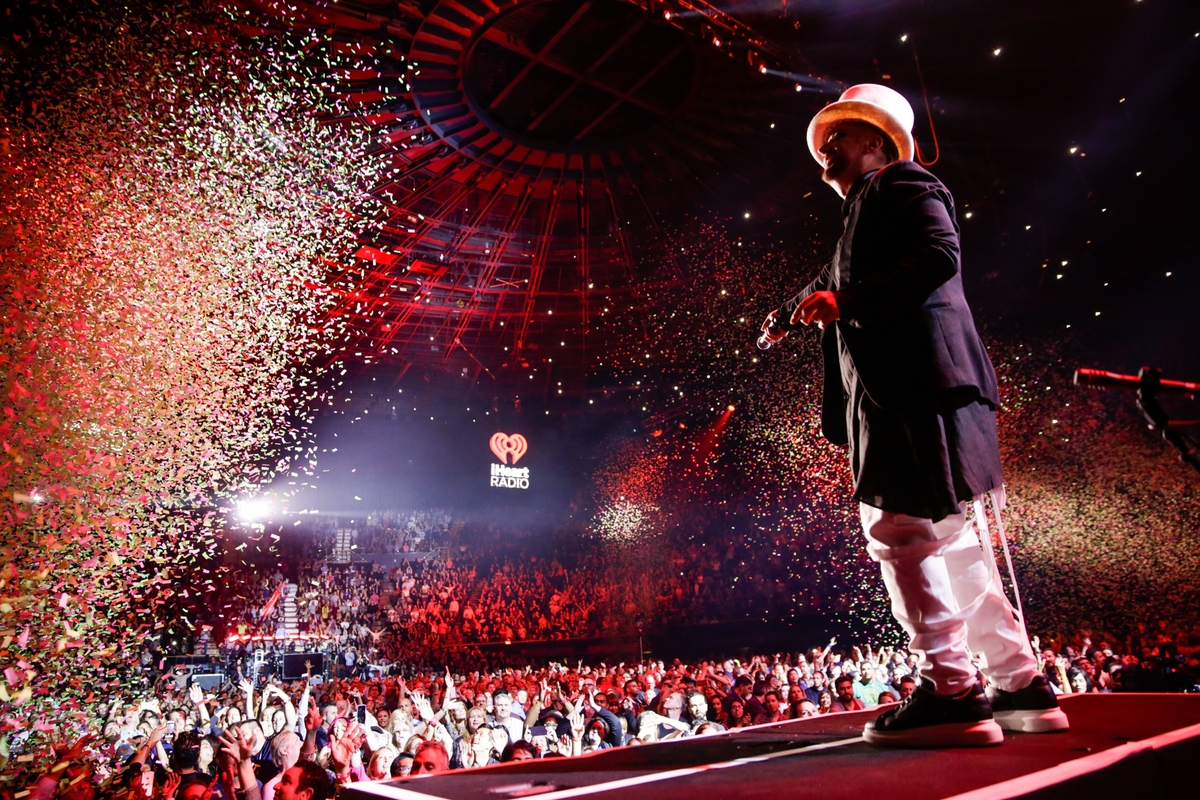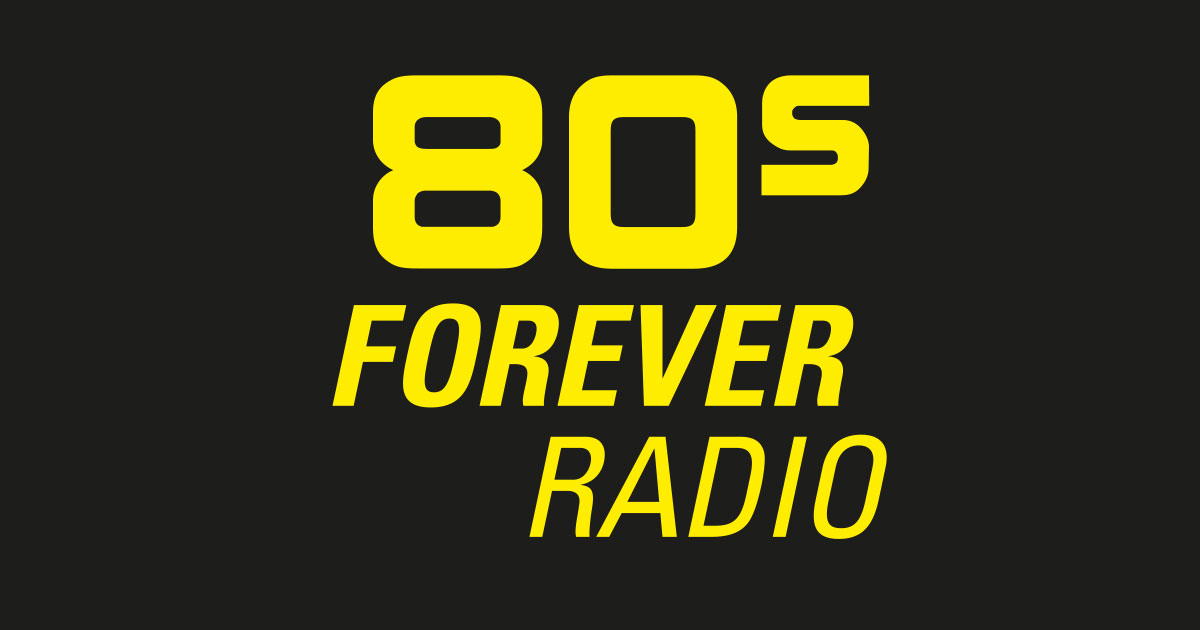

You could write a similar story about any Radio 2 host, and I have.

UK radio is inherently more listener/personality-driven because of the BBC influence. Greatest Hits has had name talent from the start, including former Radio 1 countdown host Mark Goodier (who moves to weekends). Ken Bruce talks between almost every record. Bruce launched with “Come Together” by the Beatles, but most of these notes are from the second hour as he settled in. I heard the first two hours of Bruce’s first show on Monday morning, April 3, on the Greatest Hits outlet for Manchester. With publicity about both Bruce’s move and the rise of Boom Radio, a personality-driven soft-oldies station that has generated excitement similar to our KDRI (The Drive) Tucson, Ariz., Radio 2 head of music Jeff Smith took to the UK trades last week to reaffirm Radio 2’s commitment to its ongoing modernization (comparable to New York’s Lite FM, still going back to the ’80s and occasionally further, but with some surprisingly edgy currents).įor its part, Bauer is using the move to promote not just the station but its premium, commercial-free tier, targeted at listeners who came from a commercial-free station, although if you were listening to Radio 2 it wasn’t for wall-to-wall music. Like Radio 2 in general, Bruce reminds me of AC KVIL Dallas in its ’80s Ron Chapman heyday that station was the essence of personality-through-brushstrokes in a way that sometimes seemed to be nothing special, especially when all of mainstream music radio was similarly structured.Ĭridland notes that Radio 2 is a franchise that has already survived the recent departure of several high-profile personalities, including Greatest Hits co-worker Simon Mayo. Cridland describes the 71-year-old Bruce, who was making nearly 500,000 USD a year on Radio 2, as “amiable, quick witted,” and agreeable, but not galvanizing. He also covered the day-of excitement, which included a feature story on BBC-1 TV, and followed up with this after Bruce’s first half-hour. James Cridland wrote a good summary of Bruce’s career in January, after the move was announced.

He moved to Bauer’s fast-growing national network, which has brought Classic Hits on FMs to numerous markets, including London, over the last five years. Bruce came from 37 years at the UK’s non-commercial behemoth, which is still practicing full-service AC in a way long forgotten here.

The conditions that made Ken Bruce’s move from BBC Radio 2 to middays at Greatest Hits Radio a national news story for the past three months would be hard to replicate in North America.


 0 kommentar(er)
0 kommentar(er)
